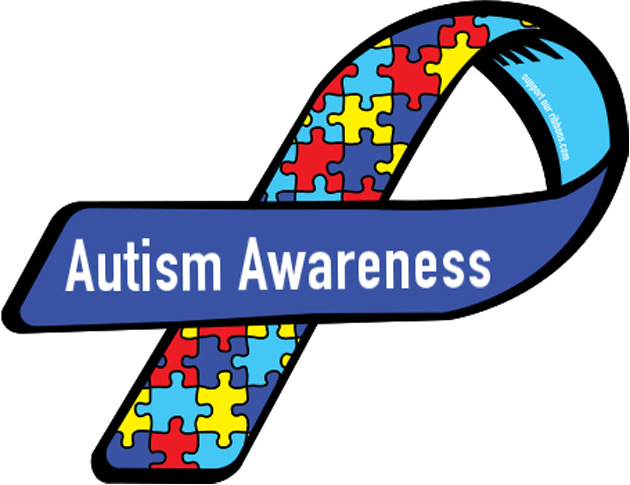“Wanting to be free. Wanting to be me. Trying to make people see. And accept the real me.” – Scott Lentine
Over the past decade a growing autistic pride movement has been pushing the idea that people with 
On March 27, 2014, the Centers for Disease Control and Prevention (CDC) released new data on the prevalence of autism in the United States. This surveillance study identified 1 in 68 children (1 in 42 boys and 1 in 189 girls) as having autism spectrum disorder (ASD). In the UAE, the prevalence is estimated at 1 in 50 children.
People with autism traits may not necessarily want to be accepted or best tolerated but they need to be respected for their unique skills. According to Penny Spikins, senior lecturer in the archaeology of human origins, at the University of York a significant diversity or a variation between people positively impact on successful human evolution and people who are gifted with special skills play an important role in their social group.
Many people with autism have exceptional memory skills like recalling information they read weeks ago, procedures followed in experiments and pattern identification. They often outperform others in auditory, visual, smell and taste related skills. They are also gifted with enhanced understanding of natural systems such as animal behaviors. Individuals with autism perform better on non verbal tests of intelligence than verbal.
His vital knowledge would have made a significant contribution to management and survival of his herd of animals. This grandfather was more comfortable in the company of the reindeers than of humans, but was much respected and had a wife and son and grandchildren.
This example has given the various differences among people with autism and how they have been integrated for the development of specialists in the society.
The most important fact is to emphasize the strengths and weaknesses of people with autism. Though the past studies have concentrated mainly on deficits in autism, the field is now taking a broader and deeper view of the disorder.
We are all in the right era to start thinking of autism as an advantage and how to utilize this advantage for the well-being of the society.

The major focus of the rehabilitation team is to identify the strength and weakness of the child with autism. For instance, if a child has minimal verbal ability, then you probably want to find a visual route to help him. Your intervention should target the deficits, while working with the strengths.
About the Author: Ms. Hiranthi Karunarathna is a Speech Therapist at International Modern Hospital with 4 years of clinical experience in Speech Language Pathology. She specializes in stuttering, autism spectrum disorders & other childhood communication disorders. Her experience includes both pediatric & adult rehabilitation care.
